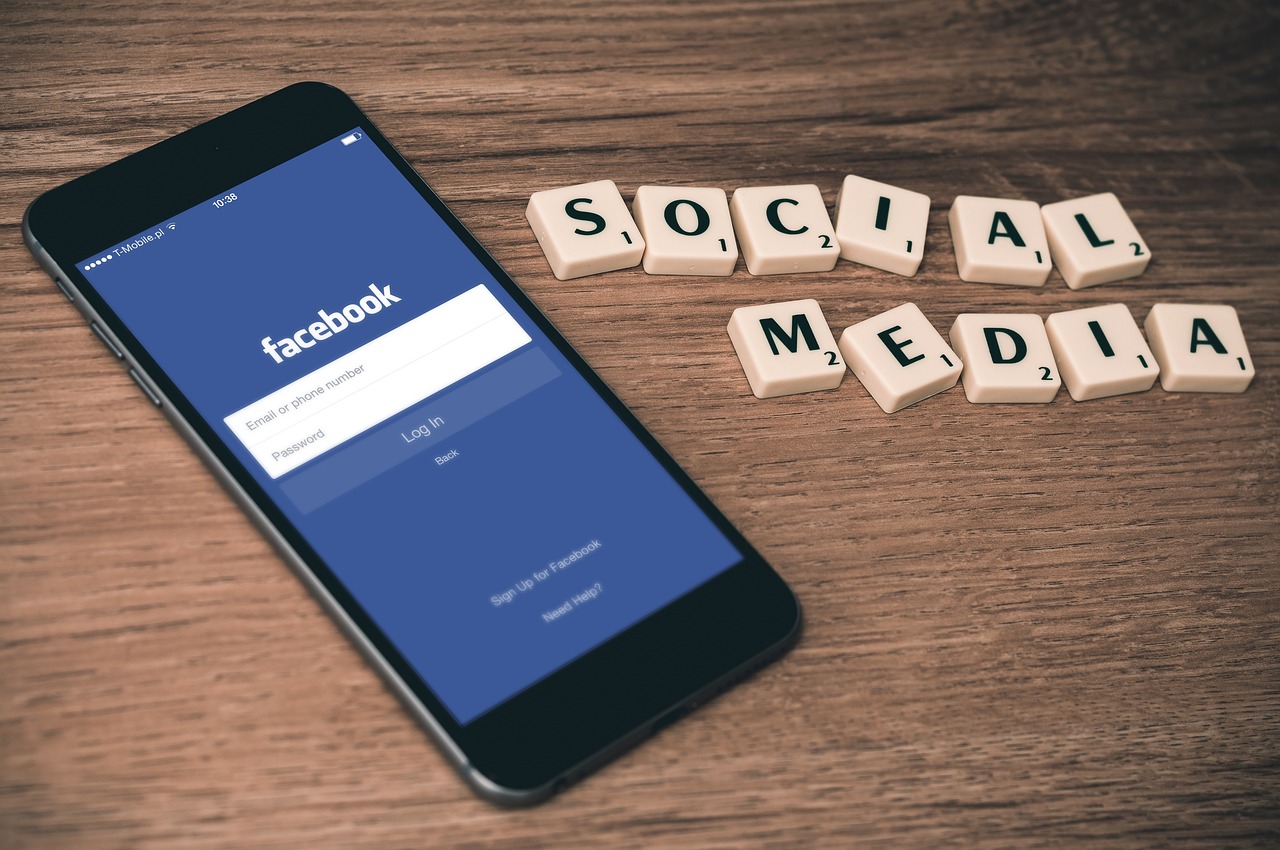The Advantages and Disadvantages of Social Media Platforms
In today’s digital age, social media has become an integral part of daily life for millions of people worldwide It offers a dynamic and interactive space for communication, entertainment, business, and self-expression. However, while social media platforms have undoubtedly transformed how people connect and share information, they also come with a range of challenges. Understanding both the advantages and disadvantages of these platforms can help users navigate them more responsibly and productively.
Advantages of Social Media Platforms
One of the primary advantages of social media is its ability to connect people globally. Platforms such as Facebook, Instagram, Twitter, and LinkedIn allow users to maintain relationships with friends, family, and colleagues, regardless of geographical distances. Social media bridges the gap between continents, enabling real-time communication that was once impossible without expensive or lengthy processes. Additionally, these platforms have revolutionized networking by allowing users to build professional connections easily, helping businesses and individuals expand their horizons.
Another significant benefit of social media is its role as a platform for information sharing. Whether it’s news, trends, educational content, or personal stories, social media provides instant access to vast amounts of information. Users can keep themselves updated on the latest global events, innovations, and even niche interests. This democratization of information can help raise awareness about important social issues, such as climate change, political movements, or health crises.
For businesses, social media offers a cost-effective marketing channel. Through social media advertising and influencer collaborations, companies can target specific demographics and engage directly with their audience. Small businesses, in particular, benefit from this because they can compete with larger corporations without investing heavily in traditional advertising methods. Social media also fosters community building, allowing brands to cultivate a loyal following and receive direct feedback from customers.
Furthermore, social media platforms are valuable outlets for self-expression and creativity. Individuals can share their thoughts, artwork, writing, and personal experiences with a global audience. Platforms like YouTube, TikTok, and Instagram give creators an opportunity to showcase their talents, grow an audience, and sometimes even build careers from their online presence.
Disadvantages of Social Media Platforms
However, the widespread use of social media also introduces several concerns, especially in terms of privacy and data security. Social media platforms collect significant amounts of personal information, which can be exploited by third parties for targeted advertising or other purposes. In some cases, these platforms have faced backlash for mishandling user data or failing to protect it from cyberattacks, leading to mistrust among users.
Another major issue is the rise of cyberbullying and online harassment. The anonymity provided by social media can embolden individuals to engage in bullying, hate speech, and other toxic behaviors without facing direct consequences. This has had profound effects on users, particularly younger audiences, who may experience anxiety, depression, or even suicidal thoughts as a result of online harassment.
Mental health concerns are closely tied to social media use. Constant exposure to carefully curated, idealized versions of others’ lives can lead to unhealthy comparisons, causing feelings of inadequacy and low self-esteem. Studies have shown that heavy social media usage can contribute to mental health problems such as depression and anxiety, especially when individuals spend too much time focusing on negative content or experiences.
Additionally, social media is notorious for spreading misinformation and fake news. The rapid nature of content sharing makes it easy for false or misleading information to gain traction, sometimes causing confusion or harm. Users may struggle to distinguish between reliable and unreliable sources, leading to the widespread belief in conspiracy theories or inaccurate narratives.
Lastly, the addictive nature of social media can result in time wastage and decreased productivity. Many people find themselves spending hours scrolling through their feeds, often at the expense of work, studies, or real-life social interactions. This can have a detrimental effect on personal and professional lives, leading to procrastination and a reduction in overall productivity.
Conclusion
In conclusion, social media platforms offer a wealth of opportunities for communication, learning, and self-expression, while also presenting significant risks, particularly concerning privacy, mental health, and the spread of misinformation. Like any tool, social media can be a powerful asset when used mindfully, but it requires a balanced approach to avoid its pitfalls. Users should stay aware of the impact it can have on their well-being and take steps to mitigate negative effects while maximizing the benefits provides.
